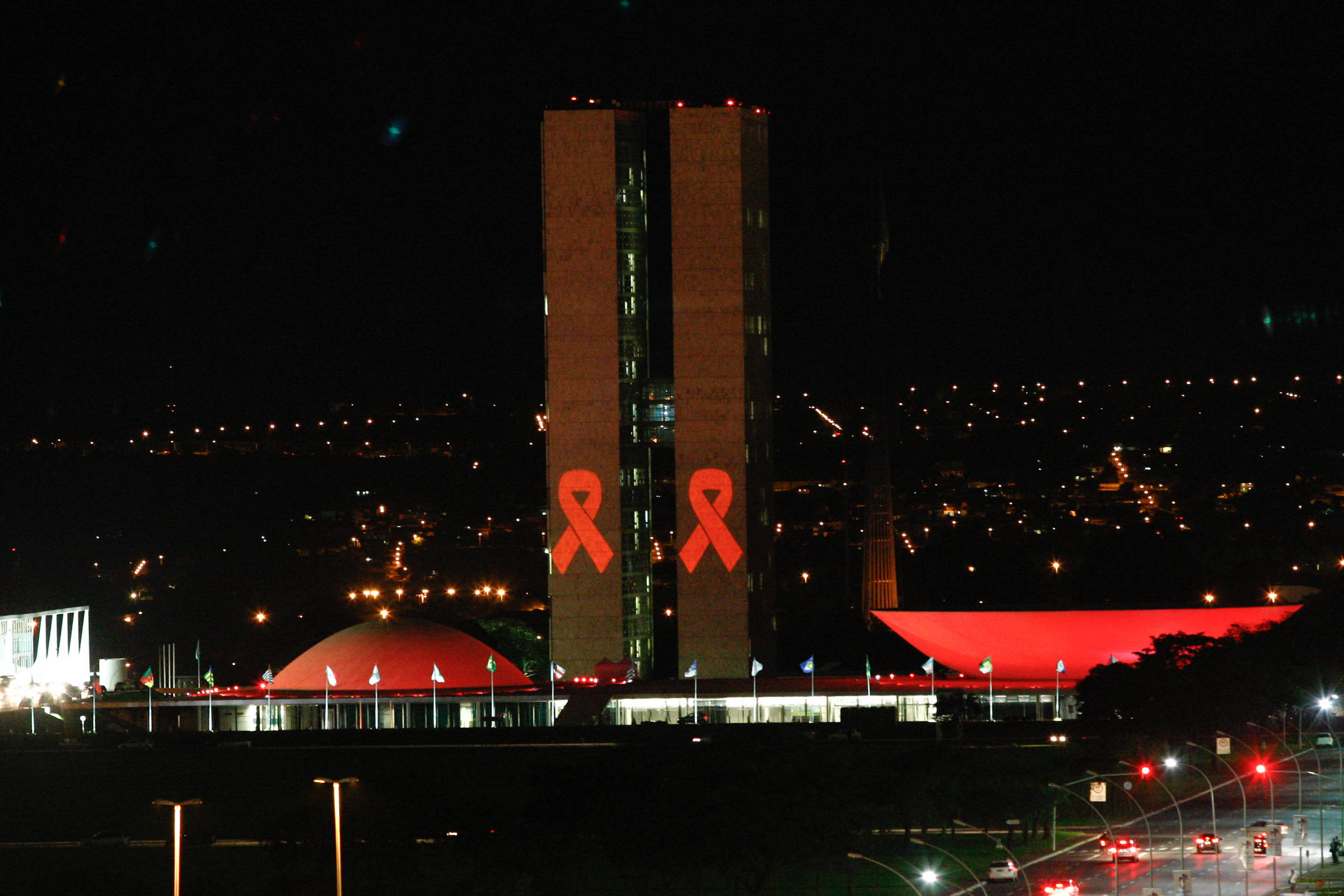Dr. Draurio Barrera, Director of Tuberculosis at Unitaid (International Drug Procurement Center for AIDS, Malaria and Tuberculosis), a global agency linked to the World Health Organization (WHO), has been invited to take over the Department of AIDS/Surveillance for new STDs and viral hepatitis for the Ministry of Health.
“I want to go back to Brazil and contribute to the reconstruction process,” says the doctor, who worked on the country’s sexually transmitted disease surveillance programs in the 1990s.
He adds, “I am thinking of formulating an inter-ministerial agenda that can raise the agenda of eliminating AIDS and viral hepatitis among the government’s priorities.”
For Barrera, “elimination” is a feasible and achievable term by 2030, according to the goal proposed by the World Health Organization. “We could be the first developing country to eliminate tuberculosis. I am very clear about the feasibility of this goal of eliminating the disease as a public health problem and we can think of viral hepatitis and AIDS in the same way.”
He knows that actions in the coming years can restore Brazil to the role of champion in the fight against AIDS and hopes to restore that position.
He concludes, “Brazil has conditions like no other to lead the health movement in a very bold way because, unlike almost all countries, it has a health system that provides universal access. This is very rare.”
the Doctor Fabio Mesquita was considered for the positionBut in the end the chosen one was Barrera.
Coordinator of the National Tuberculosis Program until 2016, Barrera resigned from the Ministry of Health to take up his position at the agency in Geneva (Switzerland), focusing on innovation in the field of health and the provision of new tools for prevention, diagnosis and treatment. Diseases, especially AIDS, tuberculosis and malaria.
“My course now, going back from the global to the national, is focused on the affected individual, and on providing access to innovation to the most vulnerable and needy populations,” he says.
One of the challenges, he says, is ensuring access to new technologies in the region. He mentions, for example, rapid HIV tests that can be done by oneself – which are not progressing in Brazil because the diagnosis in the country depends on the doctor. He defends this, saying: “It is necessary to decentralize, within health protocols, so that not only professionals but also the population in need can carry out their own diagnosis.”
The epidemic has proven the critical importance of diagnosis and prevention. We must learn from these lessons in the case of AIDS, tuberculosis and hepatitis.
“When prevention is possible, it is better to prevent than to cure. And when treatment is the answer, it has to be affordable. Today, there are testing strategies as the best form of prevention, meaning testing and offering treatments. There is pre- and post-exposure treatment. And we have an arsenal , and now we need to specifically impact the most vulnerable population groups,” he says
But Barrera knows the supply options are not enough. You need to know what people need and what works best for their reality.
“The first step in any national response to a disease is to have as an interlocutor those who would benefit from the actions, and then listen to civil society, affected communities and academia in order to deliver what people need, not what we imagine they need. Magic bullets do not exist.”
The other challenge is Need to secure more resources. In this sense, one of the actions Barrera envisioned is to propose to address these diseases as a cross-sectoral agenda, mobilizing financial and human resources from other regions.
“I am absolutely convinced that it is possible to create this agenda. For this, there is a need to re-create the participatory management bodies as they were traditionally and that each committee can go beyond the specific domain of a department, that is, a ministry, so that it is a real cross-sectional and governmental agenda,” the doctor comments.

“Wannabe internet buff. Future teen idol. Hardcore zombie guru. Gamer. Avid creator. Entrepreneur. Bacon ninja.”

